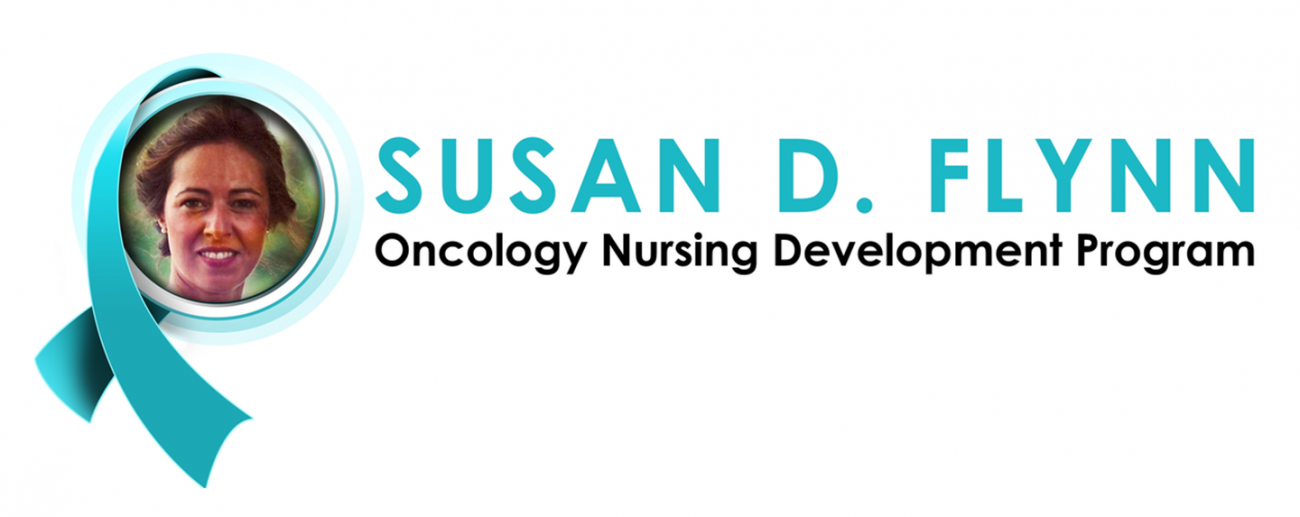Six members of the School of Nursing’s Class of 2023, Catherine Cantelmo, Tarrese Folk, Charlotte Hamilton, Quyen Le, Shika Reji, and Alison Lopez Valdivia, have been selected to participate in the competitive Flynn Fellowship Program.
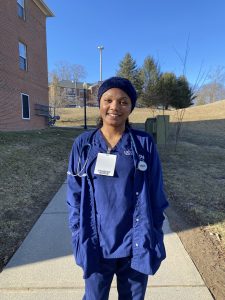
The summer internship, a part of the national Susan D. Flynn Oncology Nursing Development Program, pairs college students with leading hospitals in the field of oncology. The interns, referred to as Flynn Fellows, complete an eight to 10 week clinical experience in oncology nursing. The program hopes to inspire oncology careers in college students and connect them with hospitals that are seeking the next generation of oncology nurses.
UConn School of Nursing students applying for the competitive fellowship are only eligible to be placed in certain regional hospitals. Both Folk and Cantelmo will be working at UConn John Dempsey Hospital, Reji at Hartford Hospital, Hamilton at Yale New Haven’s Smilow Cancer Hospital Care Center in Greenwich, Le at Connecticut Children’s, and Lopez Valdivia at Stamford Hospital.
The students had similar reasons for applying for the fellowship: They all have experience with the health care system as a result of familial connections or clinical rotations on oncology floors, inspiring them to help others as a result.
“I became interested in caring for people who suffer from cancer after the death of my father, who passed away from gastric cancer,” Folk says. “Having the opportunity to directly make an impact on families and individuals through hands-on palliative care feels like a dream come true.”

“I have a family member who is a survivor of cancer, which originally peaked my interest in the subject,” Cantelmo says. “I was then inspired by the nurses that I saw this year during my clinical experiences and their amazing capacity to care for oncology patients in such critical conditions.”
“I observed the rewards of helping people in health care while bringing my grandparents to their doctors’ appointments, which inspired my decision to pursue nursing,” Reji says. “Then, during my oncology clinical rotation, I discovered the power I had to bring a positive change to individuals with cancer. I truly enjoy helping others.”
“My dad was diagnosed with pancreatic cancer in 2017 and was initially treated at Greenwich Hospital,” Hamilton says. “As a junior in high school who was already interested in a career in health care, witnessing the phenomenal care his nurses provided to both him and my family was truly inspiring to me. I am so grateful to them and that my dad remains in remission and healthy to this day.”
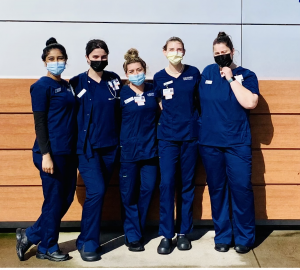
“During my clinical rotations, I cared for oncology patients which sparked my interest in learning more about their struggles with the disease as I took care of them,” Lopez Valdivia says. “An important nursing intervention is to show emotional support to these patients as well as provide the best quality of care. I believe the most rewarding part of becoming a nurse is when your patients appreciate that you are taking care of them.”
The Susan D. Flynn Oncology Nursing Development Program was established in 2014 by Fred Flynn after his wife, Susan, lost her battle with ovarian cancer. Since then, 202 nurses have completed the program, with 116 now working as oncology nurses.
The application process for the program is intensive and rigorous. Host hospitals competitively select rising college seniors to intern at their location. Acceptance to the program is based on meticulous evaluations of an applicant’s academic credentials, personal experience, and interest in oncology.
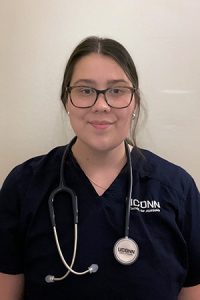
By the end of the internship, Flynn Fellows are expected to have grown as both nurses and as caring individuals to improve the quality of care that cancer patients receive in the future.
“I hope to educate communities who lack cancer knowledge and measures that can potentially decrease the chance of being diagnosed with the disease,” Folk says. “Statistically, African Americans have the highest percentage of being diagnosed with and dying of cancer, so as an African American female it has become my mission to provide care to minorities.”
“This opportunity will give me the chance to work with palliative care teams and hospice nurses, who provide essential care to patients with a very different goal than typical nursing,” Cantelmo says. “While we are taught mostly how to help to ‘cure’ our patients in class, these nurses work to reduce symptoms and pain in patients. This experience will help me learn the skills I will need to be a great nurse in the future.”
“I hope to spread the importance of social support while fighting cancer,” Lopez Valdivia says. “Patients spend a lot of time in the hospital and nurses are always there to support them and ensure that they are not alone.”
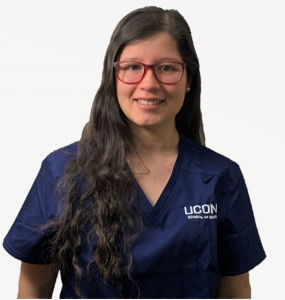
In addition to the clinical experience, fellows must complete courses in cancer basics and end-of-life nursing. Students are also mentored by hospital staff as they work on a mandatory evidence-based practice research project throughout the internship.
“I hope to become more comfortable with the complex and intricate level of care provided to oncology patients, gain more experience working in a multidisciplinary team and communicating with other health care professionals, and learn more about career options in oncology nursing,” Hamilton says.
“I sincerely believe that through this fellowship program,” Reji says, “I will be able to learn more theoretical knowledge and practical understanding in effectively assisting my patients in navigating their journey towards recovery and healing.”
To learn more about the UConn School of Nursing, visit nursing.uconn.edu and follow the School on Facebook, Instagram, Twitter, or LinkedIn.
An earlier version of this article incorrectly stated the number of UConn School of Nursing students who were selected to participate in the Flynn Fellowship Program this summer. The article was updated on April 4 to include other students also selected.
